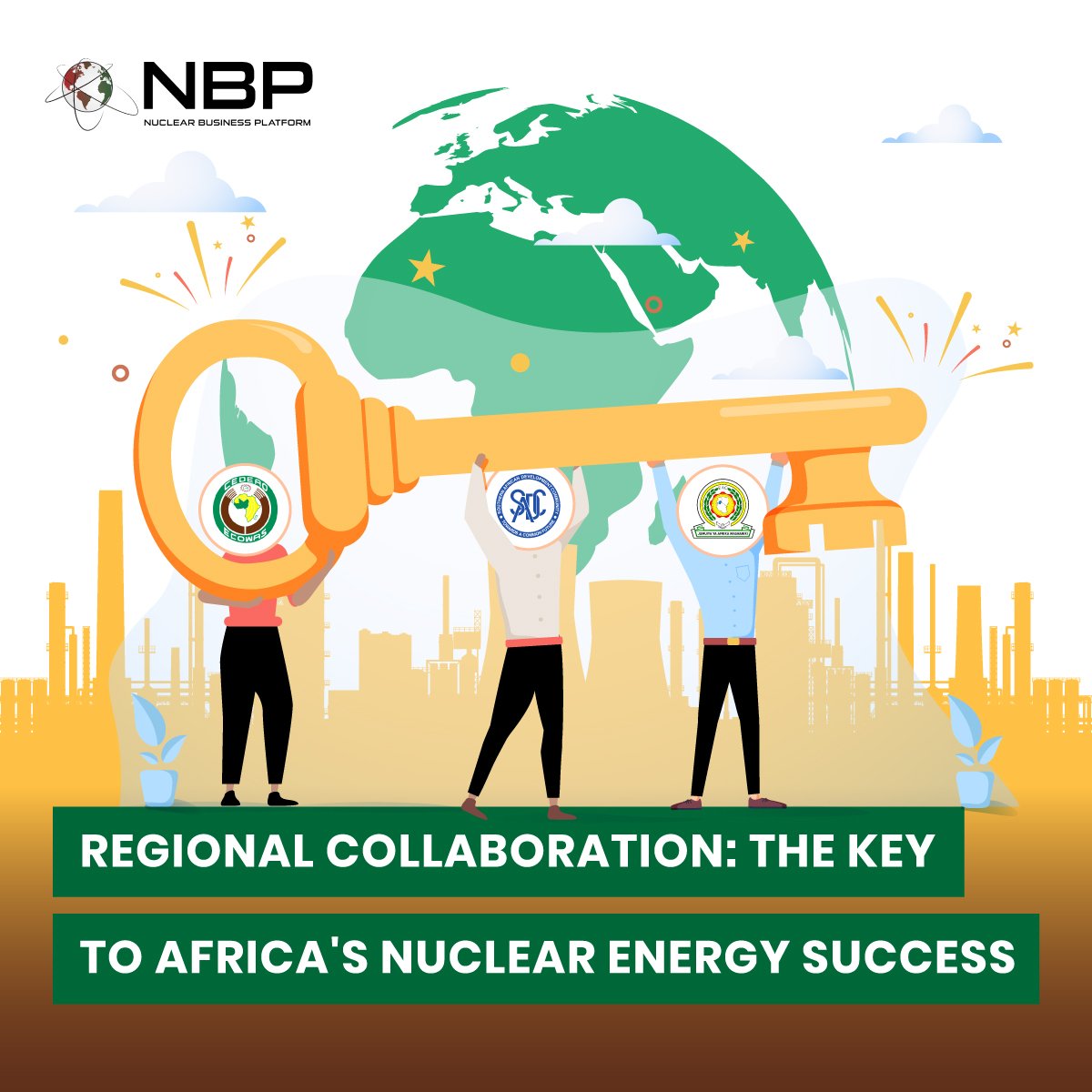The Rise of Nuclear Power in Africa: A Look at Regional Initiatives
Africa's nuclear energy future shines bright! Embracing nuclear power is a bold step towards guaranteeing reliable, clean energy—a vital component in the continent's sustainable development journey. It's incredibly encouraging to see widespread support for nuclear energy across Africa, and the role of international communities and organizations in nudging and assisting nations along this path is crucial.
The Nuclear Business Platform (NBP) projects a surge in nuclear adoption across Africa, with an impressive target of 15,000 MW of operational nuclear capacity by 2035. This ambition is reflected in numerous national initiatives. Ghana, Uganda, Kenya, and Rwanda plan to build 1,000 MW reactors. Nigeria and Egypt set even higher goals, envisioning 4,800 MW of nuclear power each. South Africa, already a frontrunner in African nuclear technology, seeks to further expand its capacity by 2,500 MW. These commitments demonstrate a widespread belief in nuclear energy's potential to deliver reliable and sustainable solutions throughout Africa.
Africa is uniquely positioned to harness the power of regional collaboration. Existing organizations dedicated to political cooperation, economic integration, and security represent a fantastic opportunity to accelerate nuclear energy adoption as a vital component of clean energy goals. Many countries within these groups have committed timelines for nuclear power programs, while others possess long-term plans and are developing their nuclear infrastructure. Nuclear energy should be a central topic for regional organizations as they work with member states towards clean energy objectives.
Let's explore specific examples:
West Africa (ECOWAS): Five ECOWAS members—Ghana, Nigeria, Niger, Senegal, and Burkina Faso—are championing nuclear energy. Ghana aims for 1,000 MW nuclear capacity by 2030! ECOWAS's involvement in regional energy initiatives demonstrates its capacity for action, but a dedicated focus on nuclear power would further diversify the energy mix and promote true sustainability.
Additionally: The recently formed Alliance of Sahel States (AES) is a powerhouse example of how regional cooperation can fast-track nuclear development. This defense pact between Mali, Niger, and Burkina Faso advocates for a regional civil nuclear power facility by 2034, proving the powerful role of strategic alliances.
Southern Africa (SADC): SADC is key for this region. Members like South Africa (the continent's only current nuclear power operator), the Democratic Republic of Congo, Namibia, Tanzania, Zambia, and Zimbabwe all have their sights set on nuclear energy. SADC's prior recognition of nuclear power in its infrastructure plans indicates a positive outlook, and its regulatory framework could streamline the integration of nuclear energy across the region.
East Africa (EAC): An exciting pipeline of 3,000 MW of nuclear capacity is planned for the region by 2035. Kenya, Rwanda, Uganda, Sudan, and Tanzania are all active in the nuclear space. The EAC has the potential to be an incredible force in unifying these efforts, pooling expertise and resources, and ensuring a smooth nuclear energy journey across Eastern Africa.
How to Ignite Action: Regional organizations can transform the nuclear energy landscape in Africa by:
Integrating Nuclear into Existing Plans: Make nuclear energy a priority in current infrastructure development and energy access projects.
Coordinated Infrastructure: Explore shared nuclear plants and harmonize safety regulations to streamline regional progress.
Knowledge is Power: Share expertise through workshops and exchanges, turning experienced nations into hubs for aspiring ones.
Advocacy and Education: Partner with members to launch campaigns addressing public concerns about nuclear energy, highlighting its economic benefits alongside its contribution to the fight against climate change.
Africa's nuclear energy future holds immense potential. With regional organizations taking center stage as nuclear advocates, the continent can secure clean, reliable energy while positioning itself as a leader in the global energy transition!



